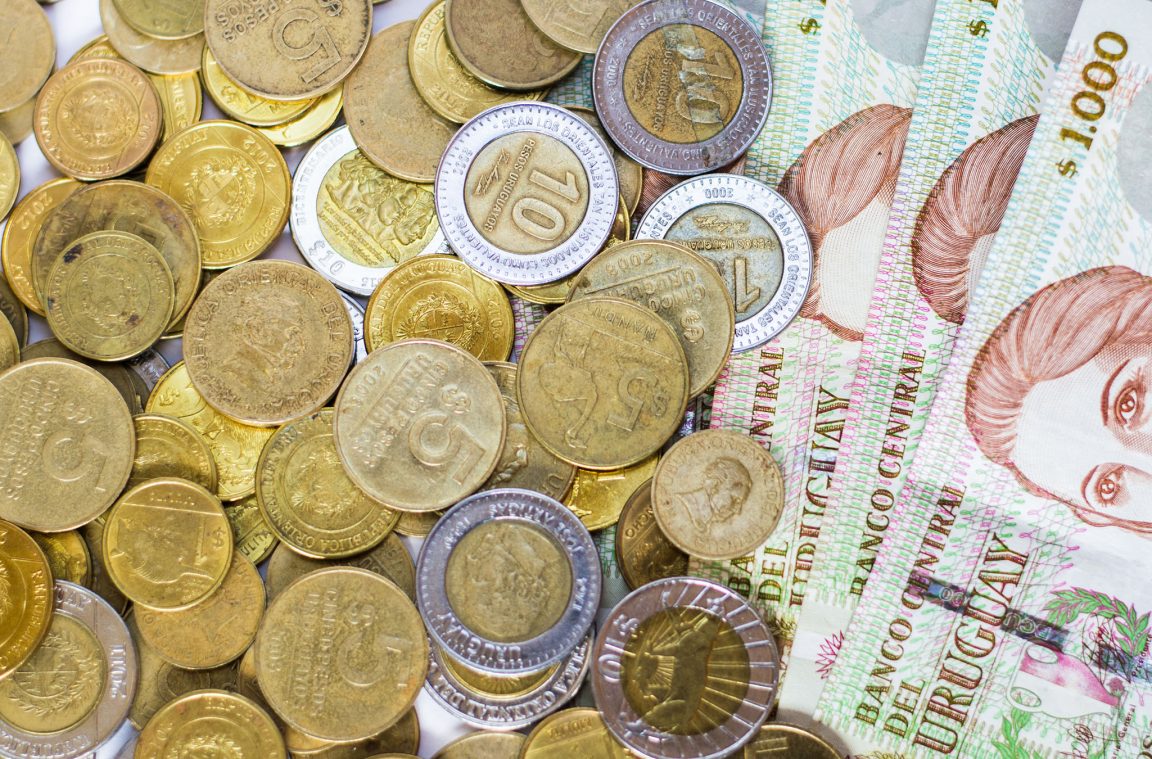RIO DE JANEIRO, BRAZIL – Bank deposits set a record figure in Uruguay during 2021 by increasing by more than US$3 billion, according to a report prepared by the Technical Advisory Committee of the Uruguayan Bankers Association (AEBU).
The document points out that half of the money reached the accounts that already had more than US$250,000 and that these, added to those that had more than US$100,000, “explain 70% of the growth”.
Fernando Gambera, secretary-general of AEBU, emphasized that there was “a greater concentration of wealth”.

He adds that, from his point of view, the policy carried out by the government of Luis Lacalle Pou (center-right) “encourages more to keep the money in any of the financial system options than to put it into production and generate employment and development”.
“The Central Bank of Uruguay (BCU) statistics, which have data since 1998, never showed a growth in deposits as large as the one seen in 2021, of US$3.36 billion”, the report points out.
Likewise, it points out that if 2020 is added to that year, the increase is US$6.34 billion, a fact that occurred in 24 months, 22 of which the South American country experienced a pandemic.
In addition, it remarks that the deposits of Uruguayans in foreign accounts “also increased strongly” and that at the end of September 2021, they were close to US$10 billion, US$2.8 billion more than at the end of March 2020.
On the other hand, the report points out that, according to BCU data, Uruguay’s gross domestic product (GDP) “is growing and beginning to recover from the crisis generated by the pandemic”.
However, it stresses that when looking at what happened to the income per person of the households surveyed by the National Institute of Statistics, the fall in such income was greater than that of the GDP per person in 2020, and the recovery was less than that of the GDP in 2021.
Gambera remarks that there is “a worse country” in the sense that “there are rich people who are much richer” and “poor people who are poorer in a context of the pandemic”.
“Although the economy has been recovering, we are not even talking about spillover; there was not a single peso of spillover. These are the things that hit you the hardest,” he concluded.
With information from EFE

